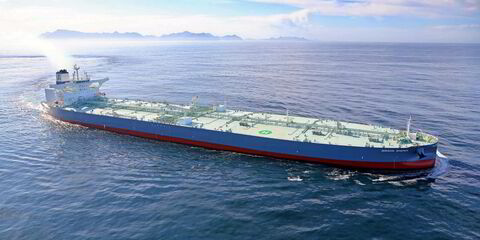Dryad Maritime said the region continues to experience the highest number of maritime crime incidents in 2014 when compared to other traditional piracy hot spots.
The warning comes in the wake of the most recent hijack of the 2,400-dwt tanker Moresby 9 (built 1977) off the Anambas Islands on 4 July.
On that occasion pirates boarded the vessel taking the crew hostage before stealing part of the 2,200t cargo of marine gas oil (MGO).
“This year alone has seen 12 reported cases of vessels being boarded underway and a further 19 reports of robberies, attempted robberies or suspicious approaches in the anchorages to the east of the Singapore Strait,” Dryad said.
“The Ai Maru became the fifth product tanker to be hijacked since April 2014 when it was attacked at the end of last month.”
Public policy think tank the Nautilus Institute for Security and Sustainability (NISS) attributes the increase in piracy in Southeast Asia to a number of causes.
These include; over-fishing, poor maritime regulation, organised crime syndicates, widespread poverty and politically motivated groups.
“Our team of analysts have assessed that at least one gang is operating to the east of Singapore, hijacking small product tankers and stealing fuel cargoes,” said Dryad Maritime chief operating officer Ian Millen.
“These criminals have knowledge in the workings of ships’ equipment and procedures for carrying out STS transfers.
“Without more proactive efforts by local maritime forces to counter this crime, we predict further incidents of this type in the region.”
Dryad Maritime are also warning seafarers transiting the southern Philippines and adjacent coasts to maintain vigilance following an attack on a yacht by Abu Sayyaf.
“Abu Sayyaf continues to operate with impunity. Although the majority of their activity centres on coastal terrorist attacks, the kidnap of a German couple from the yacht serves as a reminder of the need for caution,” said Dryad Maritime’s head of operations mike Edey.
“Whilst there is no evidence that Abu Sayyaf will start to target larger, commercial vessels in the region, as a politically motivated group the possibility to develop such a capability remains.”



